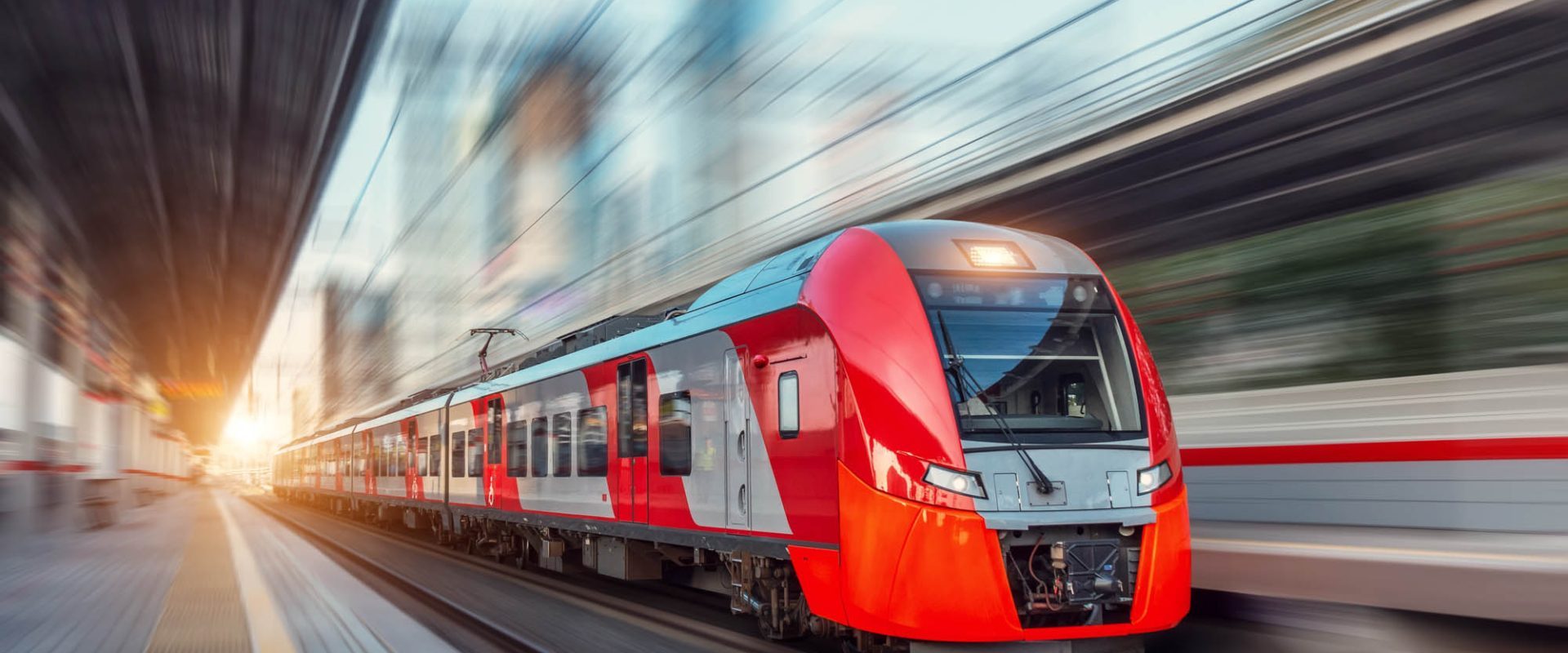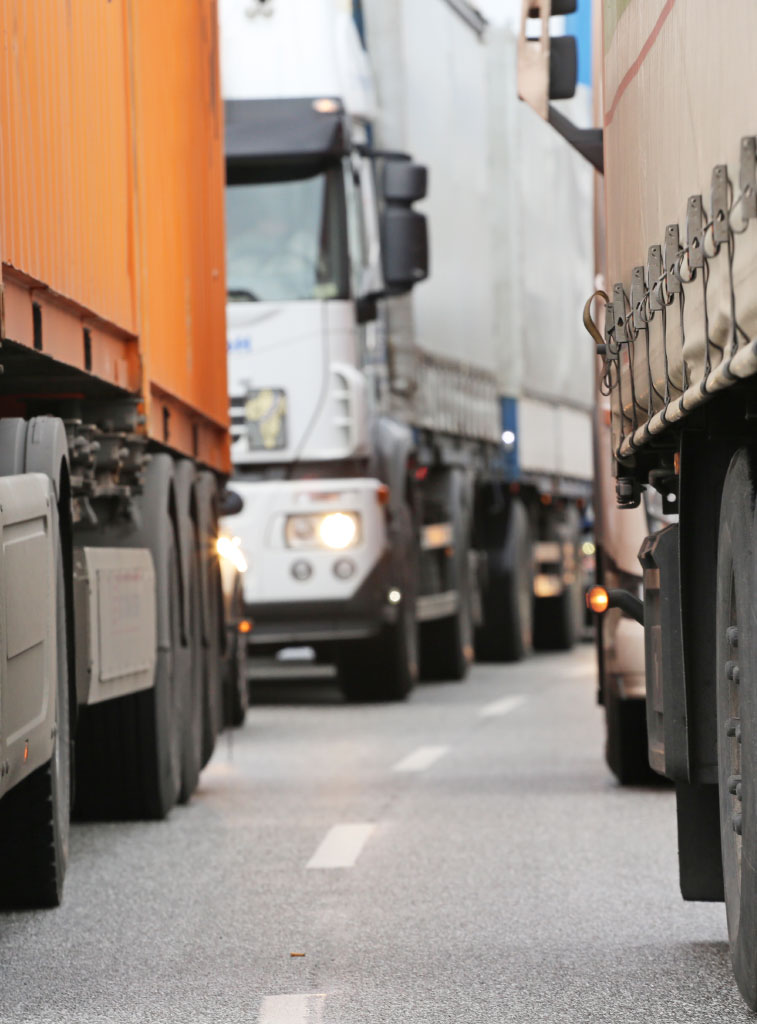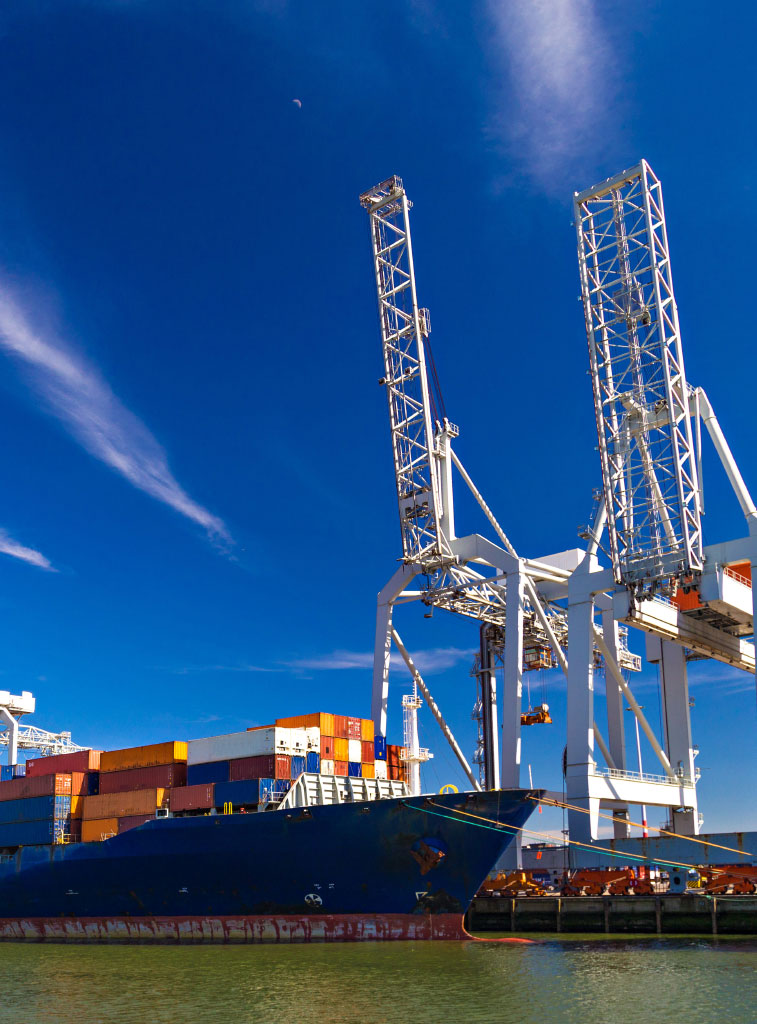Infrastructure – roads, railways, bridges, ports – is the foundation on which the economy is built. Better transport links can transform a region or community, and drive growth and wider benefits.

The EU has contributed to improving infrastructure in the Western Balkans over decades. Yet, there remains much to do. That’s why the EU is stepping up investment in transport in the region.
The goal? Faster, greener transport solutions! Better links within the Western Balkans, and with the EU, will improve the quality of life for all, and help businesses compete across Europe and beyond.
Despite much investment over the past 30 years, transport infrastructure in the Western Balkans lags behind much of the rest of Europe, in both quality and density. A legacy of poorly maintained and fragmented networks has hampered growth and integration within the region, and with the EU.
This has a direct impact on the movement of goods and the people within the region and beyond. According to the World Bank, “delays at crossings in the Western Balkans are five times longer than in many EU countries and trucks spend some 26 million hours at crossings in the region each year – that’s nearly 3,000 years”.


Improving and expanding transport links across the Western Balkans, and with the EU, is a priority for the region and the EU. Travelling and transporting goods should be faster, cheaper, greener, and safer.Between 2015 and 2020, the EU provided €1 billion in grants to transport and energy projects. Channelled through the Western Balkans Investment Framework (WBIF) – an EU-led donor investment platform that pools funds from various sources – this resulted in dozens of major road schemes, rail interconnections, and upgrades at ports. Combined with loans of partner financial institutions, these grants generated almost €4 billion in investment, and created over 45,000 jobs.As well as hard infrastructure, EU support also links to issues like regulations and border procedures, which affect travel costs and time. The Transport Community – set up in 2017 and composed of the EU and the six Western Balkan partners – plays a key role in helping partners to align with EU standards.
Ongoing support Connectivity is at the heart of the EU’s Economic and Investment Plan for the Western Balkans (EIP). This foresees extensive investment for flagship projects in areas such as transport, energy, and the green and digital transitions.Priority projects in the transport sector will include those extending Trans-European Transport Network (TEN-T). The aim is to bring the core network up to EU standards, create stronger links inter-regionally, and with the EU, and promote greener transport.
Please wait while your video is being uploaded...
Don't close this window!